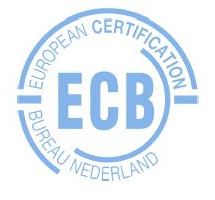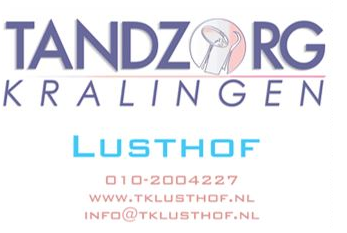If your teeth cannot be replaced with a crown, bridge or implant, dentures can provide an effective solution. There are two types of denture: a plate denture and a frame denture. These dental prostheses can improve the appearance of your teeth and restore their function.
Would you like more information or advice about prostheses? If so, please either click the button below or call us on 010 414 2248.
A reliable dentist in Rotterdam
At Tandzorg Kralingen, all our dentists are registered with the Quality Register for Dentists (KRT). This demonstrates that our dentists are qualified and competent. To maintain this registration, they must meet a number of standards. This means that our dentists:
- Be certified and have a valid BIG registration.
- Take refresher and continuing education courses to stay up to date in their field.
- Work according to practical guidelines.
- Be open and accountable to colleagues and patients.
- Speak fluent Dutch.

Kitty van Luijk: she is a fantastic dentist: very professional and pleasant to deal with. I was never afraid of the dentist, but I developed severe anxiety at some point. In fact, I didn’t go for three years. When I started having problems, I had to go, of course. I switched to Kitty, whose approach of asking if I was OK and if I was in pain put me at ease and helped me to overcome my fear. The practice isn’t close to where I live, but I’m happy to make the trip. — Cora Ouwendijk
Rest assured that at Tandzorg Kralingen, you will be treated by dentists who adhere to the highest quality and professional standards.
Plate prostheses
Rest assured that at Tandzorg Kralingen, you will be treated by dentists who adhere to the highest quality and professional standards.
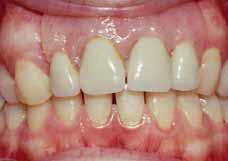
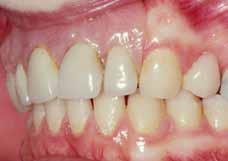
Frame protheses
A frame prosthesis is a metal frame with gum-coloured resin attached to it. Artificial teeth are then placed on the resin. There are two ways in which frame prostheses can be fitted in your mouth: with metal anchors that clamp onto teeth, or with a clasp.
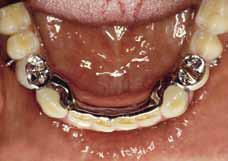
What are the differences between plate and frame prostheses?
Although a plate prosthesis is cheaper to manufacture than a frame prosthesis, it has a number of disadvantages. A plate prosthesis rests on the gums, which can cause discomfort when pressure is exerted on them during chewing. In contrast, a frame prosthesis largely rests on real teeth, sparing the gums during chewing. Additionally, food debris is more likely to become trapped under a plate denture.
The best prosthesis solution varies from person to person. We recommend consulting a dentist when choosing a prosthesis.
Contact
Tandzorg Kralingen
Voorschoterlaan 31a
3062 KG Rotterdam
Opening hours
Monday:08.15 – 17.00
Tuesday:08.15 – 17.00
Wednesday:08.15 – 17.00
Thursday:08.15 – 17.00
Friday:08.15 – 17.00
Saturday:By appointment
Sunday:Closed
What does the treatment process entail?
The process of creating a dental prosthesis requires around five to six visits to the dentist. Production of a frame prosthesis takes several weeks longer than production of a plate prosthesis. The steps are outlined below.
1. Making space for the denture
The dentist may need to grind down some of your molars to create enough space for the denture frame. The way in which teeth are ground down depends on the type of denture.
2. Taking an imprint
During the second step, an impression of the teeth is taken using an impression tray. Based on this impression, the dental laboratory can create a plaster model, from which an impression tray made of synthetic resin is produced. This tray is then used to create an even more precise plaster model.
3. Manufacturing the prosthesis
The plate or frame prosthesis is then manufactured using the synthetic resin plaster model.
Cleaning the prosthesis
As food debris can easily become trapped in dentures, it is advisable to clean them daily with a specialised cleaning agent. Toothpaste should not be used. Our specialists can provide you with more information on this.
Contact Tandzorg Kralingen in Rotterdam
To schedule a personal consultation, please complete the contact form below or call our practice for more information or advice. We are available by telephone from 9:00 a.m. to 5:00 p.m. every working day on 010 414 2248. We are also open on Saturdays by appointment only.
Error: Contact form not found.


